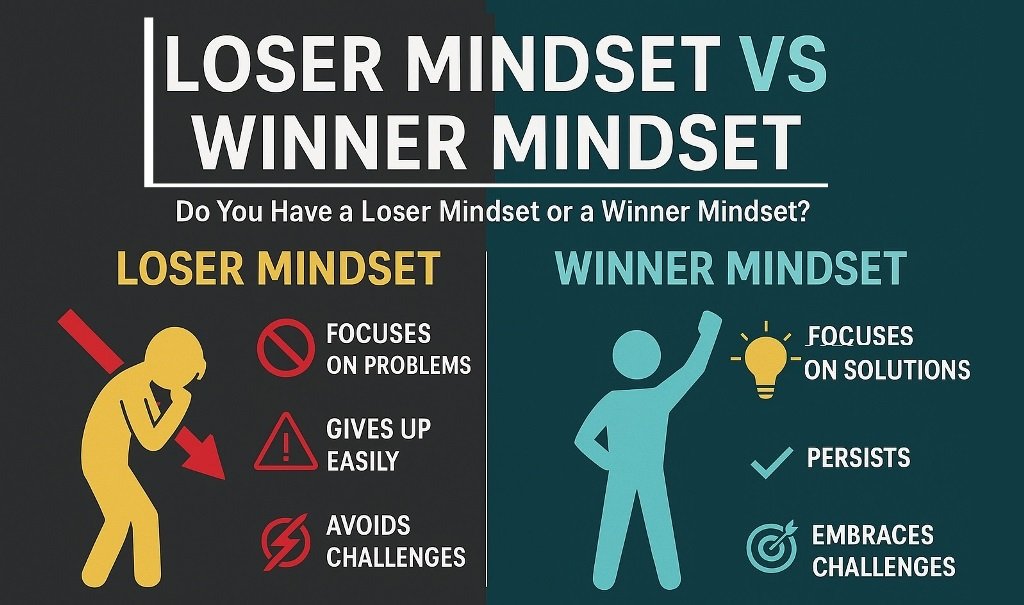
Mood Affects Information Remembered
Our mood affects the information we remember. When we look back at our lives in a happy mood, we realize that we tend to remember life events that made us feel good. When we are in an unhappy mood, we are more stuck with the negative events that have happened to us.
Studies show that people start to feel sad when they get stuck on negative events in their own lives, and they feel very happy when they focus on positive events from the past. Psychologist James Laird and colleagues at Clark University have studied the effects of mood on memory through numerous experiments. In the study, people were asked to read two short texts. The first was the very sad news of the needless killing of dolphins during tuna fishing. And the second was a short story written by Woody Allen.
Researchers used a sophisticated technique to make people feel happy and sad. Half the people were asked to hold a pencil between their teeth but were told to be careful not to let the pencil touch their lips. People were thus unwittingly forced into a smile on their faces. The other half were asked to support the tip of the pencil only with their lips, not with their teeth. Unbeknownst to them, their facial expressions were forced into a scowl. When people’s faces were forced into a smile, they really felt happy. Similarly, they felt sad when their faces were forced into a frown expression. They were then all given another pencil and asked to write down what they could remember from the two texts. The results were remarkable. People who were forced to laugh remembered most of the information in Woody Allen’s story and less than serious newspaper coverage. Those forced to frown remembered little about Woody Allen’s story and much more than the newspaper article. Their moods affected the information they remembered.
Richard Wiseman – “The Luck Factor”



